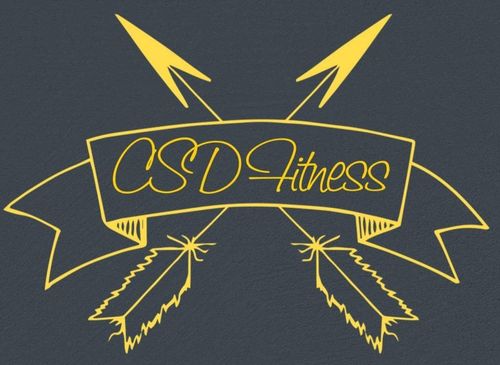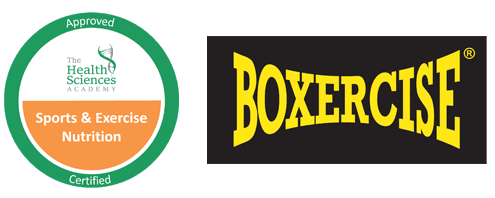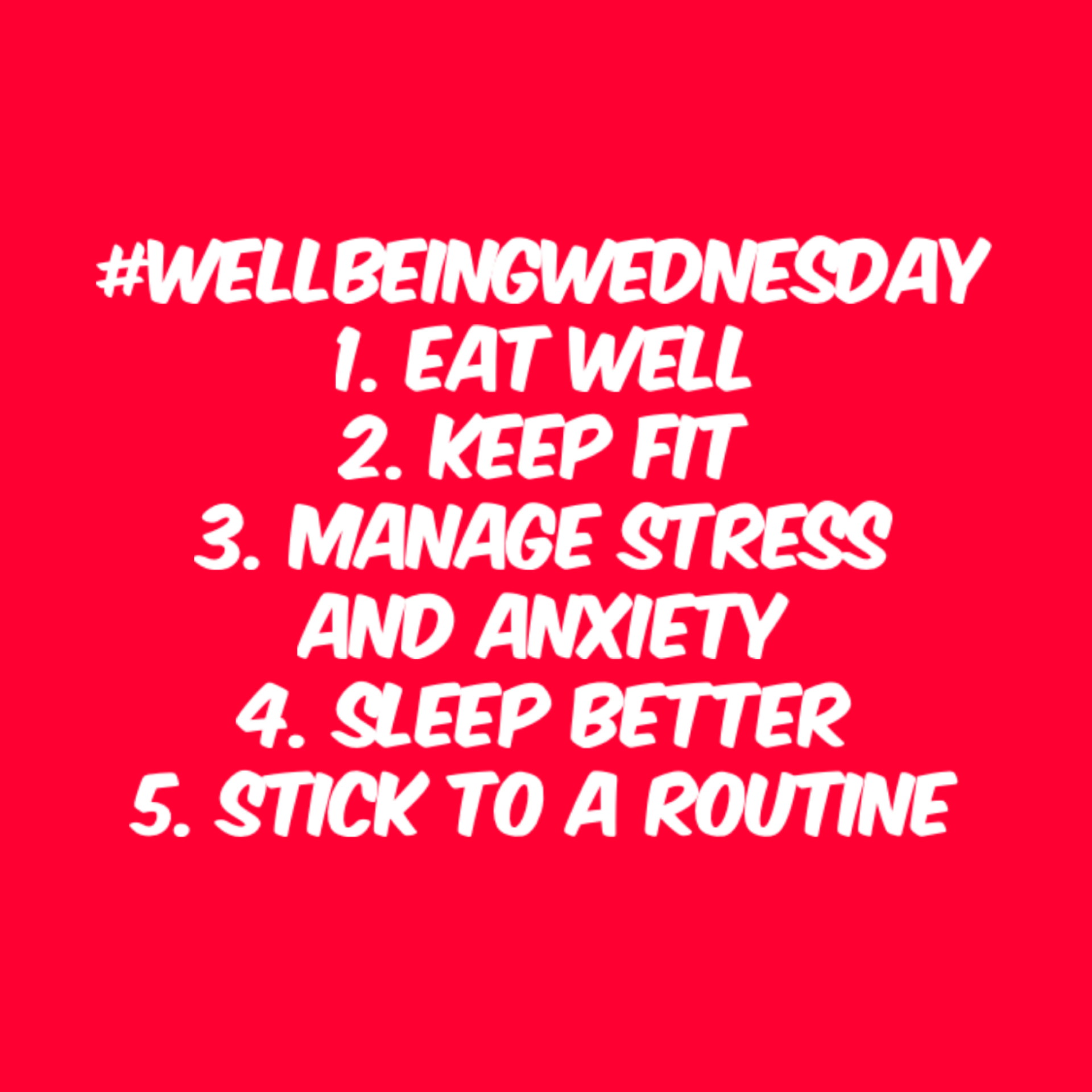
1. Eat Well - Keeping up on your vitamins and minerals has never been so important to help your immune system. All though with the Panic Buying still happening in shops, when possible it is important to still fill your diet with fresh fruit and vegetables. Plus remember, if you end up buying more than you need, don't waste, just freeze it.
2. Keep Fit - Regular exercise will release endorphins and make you feel great. Whether it is going out for your walk or joining in on workouts online, there is a huge variety to choose from. Plus get the kids involved! They love it and it will help motivate you to do one piece of exercise every day with them.
3. Manage Stress and Anxiety - Easier said than done, I know. But, does watching the news all day scare you with what is going on in the world currently? It does me... And the more I watch, the higher my anxiety levels kick in, so I've decided to watch the highlights of the government speeches each day and that is all, the rest is turned off.
(Please do remember, there is soo many other stressful issues which are coming out of every direction at the moment hitting you like a constant punching bag... But, I was recently told something which I continue to now follow everyday and I can only hope it will help some of you;
"Focus on what you can control rather than stress about what you have no control over"
This quote helps me consider what I can do to turn a negative into the positive. For example, the lockdown at first was really worrying me that I just didn't know how I would cope not being allowed to go out for such a long time. However, I have released if I drill that worry into myself, I am spending more of my day looking after my wellness than I did before. From reading books to chilling out in the garden, it is a considerable difference to the usual hustle and bustle of daily living. )
4. Sleep Better - Take time out before you go to bed to either read or relax the mind with meditation apps. Avoid scrolling through your social media and eating too late. We can all improve our sleep just by finding the right balance before we go to bed in unwinding the mind/
5. Stick to a routine - Ensure to still set your alarm to get up in the morning, get dressed as you would for a normal day, eat your 3 meals as normal and don’t sit up until early hours watching TV. Coming out of your regular routine will only tell the body it is ok to now go into a low mood, it is our job to help avoid this happening.

It does sound dramatic and it can be. People who crash diet think that less is more but if you diet too hard, too fast, your body will eventually fight back. You could end up in a worse position than when you started. Don’t crash diet if you want to lose weight and keep it off in the long term. A crash diet will expect you to cut down your calories right from the start, often below your BMR, which is the amount of calories your body needs to survive. Crash diets often promise about how much weight you will lose in a week. It usually reads something like this: “lose half a stone in a week” or “lose 16lbs of fat in a month”. Losing weight by making such drastic changes to your normal diet is bad news for your body and mind. You will lose weight but it won’t all be from unwanted body fat. You will also lose precious muscle tissue.
Let’s talk more about the impact crash dieting can have on your health.It can reduce your metabolic rate. A high metabolism is a key to losing weight, but crash dieting can actually make your metabolic rate lower. Muscle breakdown is much greater with extreme dieting. Less muscle reduces your metabolic rate, which is the number of calories you burn while resting and can ultimately result in weight gain later on.
It can weaken your immune system. By depriving yourself of essential minerals and vitamins, you risk weakening your immune system. Low immune system makes getting ill far more likely. If you cut out all fatty food from your diet, absorbing fat soluble vitamins such as A, D,E and K may prove problematic. These vitamins are necessary as they help to support the immune system, so lacking in them could cause future issues.
It can cause ketone production. With a very low carbohydrate diet, your body may start to break down fatty acids to produce ketones. You might have heard of ketones if you have ever read up on the keto diet. Sure, it might cause you to drop a few pounds but it’s also got some damaging side effects, too. Such as nausea, bad breath and liver or kidney problems.
It can cause dehydration. Have you ever wondered why some diets, like juicing, lead to such quick weight loss? It’s because you are losing water weight, which is not ideal for longer terms weight loss. Glycogen stores, which are a source of energy that binds water, are depleted faster than the fat cells releasing the water. And when you start eating again, your body will replenish glycogen and water store and weight gain follows. You run the risk of dehydration as a result, which can manifest with a headache and dizziness.
It can trigger heart issues. Crash dieting can have some positive outcomes. For example, lowering blood pressure, cholesterol and blood sugar levels. But they can also have some potentially harmful effects on the heart as a result of increased heart fat levels which can occur. Therefore, anyone with heart problems should always discuss with their doctor before crash dieting.
It can damage your hair and skin quality. If vanity's your thing, this might convince you to avoid crash dieting. When you go on a crash diet, you limit the amount of vital vitamins and nutrients that your body absorbs. And this, in turn, may have a negative impact on your physical appearance. The lack of nourishment may be reflected in your hair, causing it to look lacklustre, fall out and generally reflect your lack of the right vitamins. Similarly, your skin could be left feeling dry and you may experience an acne breakout," adds the GP.
It can disturb bowel habits. A crash diet can also result in some tummy trouble. If you are not getting the right nutrients in your diet, this could result in irregular or inconsistent bowel movements. It is advised taking note of the consistency of your stool to work out whether your diet is healthy. If it is either too runny or very difficult to pass, it is a sign that you should make a dietary change and If you are worried be sure to contact your GP.
It can leave you with low energy levels. While crash diets may lead to weight loss, most of this weight comes from the reduction of glycogen and water stores in the body which can result in the loss of energy, making you feel fatigued. Similarly, due to the reduction of vitamins and nutrients taken in while doing a crash diet, your body is unable to produce energy, leaving you feeling sluggish and tired.
It can make you irritable. Don't want to be a grump on holiday? Crash dieting might not be the way forward. Fad diets can trigger the release of corticosterone from the brain, which predisposes us to heightened stress levels, irritability and risk of depression. You may also experience poor concentration and disturbed sleep which can lead to fatigue.
The only way to lose weight healthily and keep it off is to make permanent changes to the way you eat and exercise. A few small changes, such as eating less and choosing drinks that are lower in fat, sugar and alcohol, can help you lose weight.
If you are overweight, aim to lose about 5 to 10% of your starting weight by losing 0.5 to 1kg (1 to 2lb) a week. You should be able to lose this amount if you eat about 500 to 600 fewer calories than you normally consume each day. An average man needs about 2,500 calories a day and an average woman about 2,000 calories to stay the same weight.
Here are a few little things the GP advises you can do instead of crash dieting to improve your health:
-Reduce alcohol intake
-Reduce intake of sugary foods and less processed foods
-Include more lean protein in your diet
-Aim for a diet rich in fruit and vegetables and nuts, pulses and whole grains
-Reduce stress levels
-Avoid foods that contain trans fats but do go for healthy fats
-Increase dietary soluble fibre
-Maintaining a regular level of physical activity will keep your metabolic rate higher, not to mention the hugely positive effects of exercise on your mental health
-Try to find a form of exercise that you enjoy and make an effort to fit it into your daily routine. Lifting weights is known to build muscle and muscle burns more calories than fat
-150 minutes of moderately intense exercise per week, with some resistance training is recommended
-Try to achieve your 10,000 steps per day
If you are struggling with either your food or exercise, get in touch today. Chelsea is here to help you and get you to support you need and deserve.
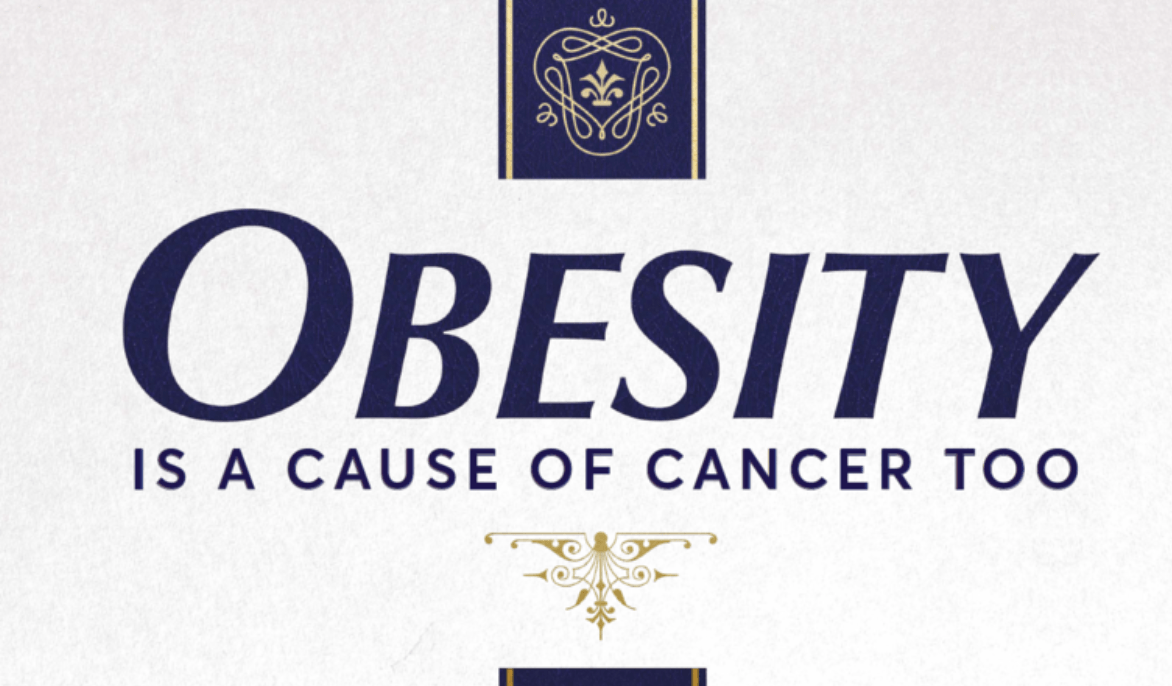
Obesity is defined as carrying an excessive amount of body fat that is a risk to our healths and is caused by taking in more energy (calories) from food and drink than we use up through normal bodily processes (such as growth, repair, breathing, digestion and physical activity) over a prolonged period of time. A doctor will usually suggest that a person has obesity if they have a high body mass index (BMI), which is a tool that doctors use to assess if a person is at an appropriate weight for their age, sex, and height. The measurement combines height and weigh with the metric system, work out yours with the link below;
https://www.nhs.uk/live-well/healthy-weight/bmi-calculator/
Did you know?
Research has also suggested that missing sleep increases the risk of gaining weight and developing obesity. The team suggested that sleep deprivation may lead to obesity because it can lead to hormonal changes that increase the appetite.
Being overweight and obese put us at a higher risk for serious conditions, including diabetes, heart disease, and the more recent campaign has also discovered that obesity is the second highest cause of cancer over smoking.
Check out https://www.cancerresearchuk.org/about-cancer/causes-of-cancer/obesity-weight-and-cancer for more information on the campaign.
Researchers think excess weight can increase the risk of cancer because it causes changes in the body such as immune system function and inflammation, levels of certain hormones (insulin and estrogen), factors that regulate cell growth, such as insulin-like growth factor-1 (IGF-1) and proteins that influence how the body uses certain hormones, such as sex hormone-binding globulin. But the connection between weight and cancer risk is complicated. Even though gaining weight can raise your cancer risk, it’s not clear whether losing weight reduces your risk. However, we do know that avoiding weight gain is helpful, whether you are overweight now or not. If you are carrying extra pounds, losing even a small amount of weight has health benefits and is a good place to start.
- Eat more fruit, vegetables, nuts, and whole grains
- Exercise, even moderately, for at least 30 minutes a day
- Cut down your consumption of fatty and sugary foods
- Use vegetable-based oils rather than animal-based fats.
So walk a little more, eat a little less and together we can fight back on these figures!

PS... Did you know dynamic stretches wake up your nervous system, which gets your brain talking to your muscles.
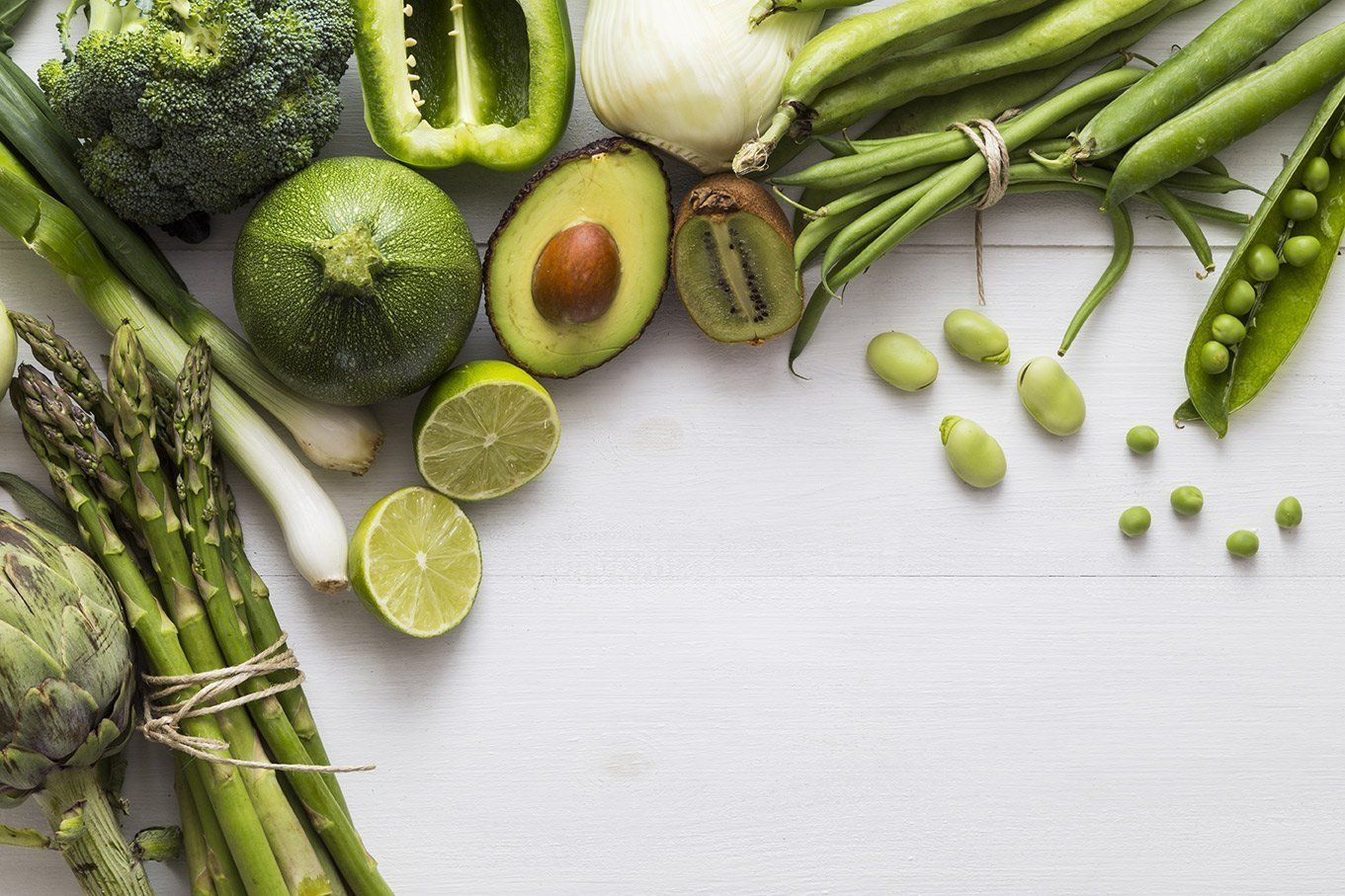
If you are interested in your nutrition and feel like you need some additional help when planning your foods, then why not check out our nutrition plans!
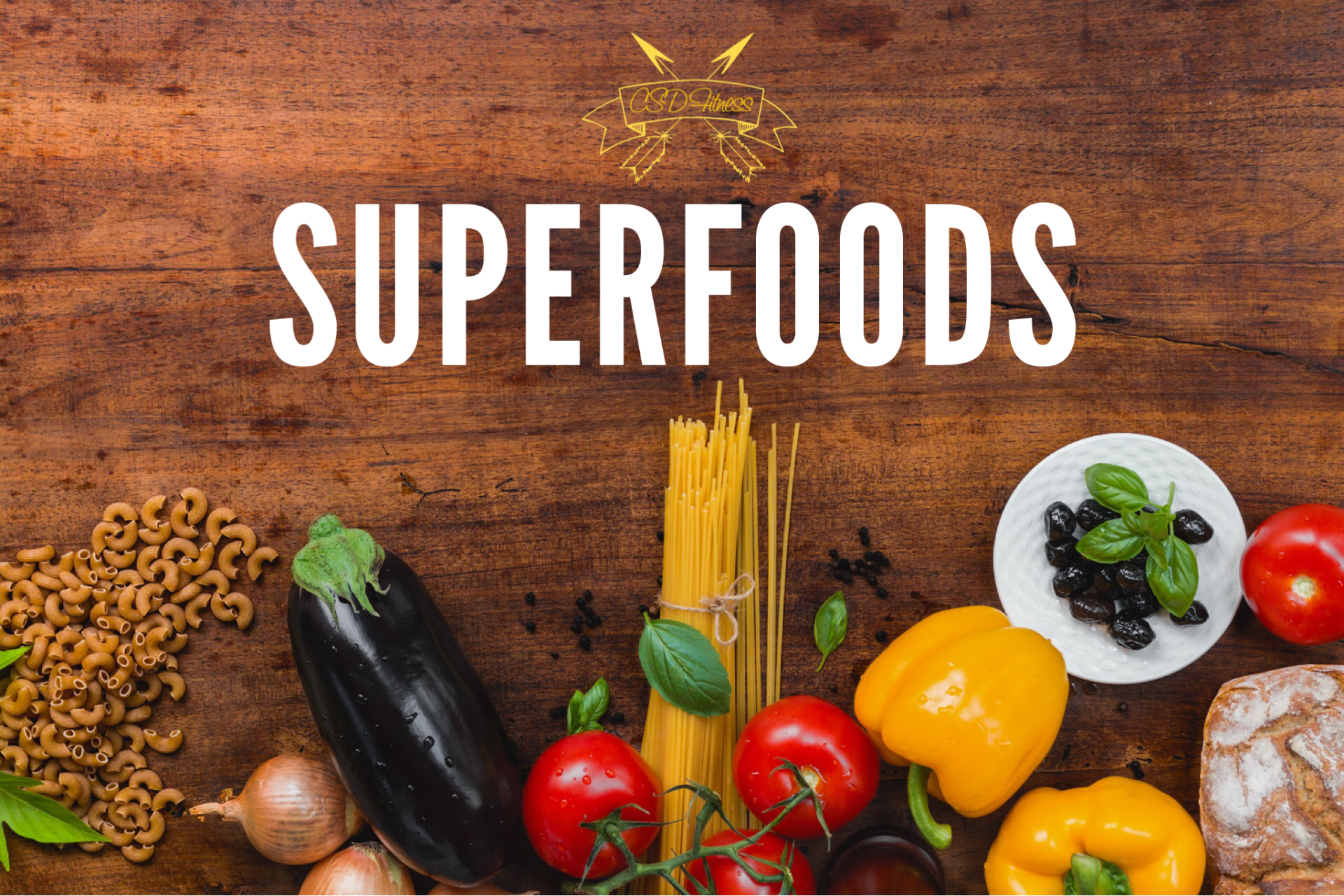
The truth is ‘superfoods’ is a way that the commercial industry has managed to convince us to spend a lot of money to improve our health, when there is simple swaps that provide the exact same health benefits... Here is a few superfoods broken down;
Goji Berries - Used to Boost Immune System - Replace with any High Vitamin C Fruit
Chia Seeds - Prevents Ageing Skin And Heart Disease - Replace with any seeds such as sunflower seeds
Coconut Oil - Claims to help burn fat (It doesn’t!) - Replace with Rapeseed Oil
Kale - Known to help prevent cancer - Can be Replaced with any Spring Green
Be careful on the claims made on food packaging, as sometimes the quantity needed is something that will never be achievable, here is too examples;
Garlic - Contains a nutrient alleged to help reduce cholesterol and blood pressure. But you'd have to eat up to 28 cloves a day to match the doses used in the lab – something no researcher has yet been brave enough to try.
Bananas - It would be impossible to overdose on bananas, You would probably need around 400 bananas a day to build up the kind of potassium levels that would cause your heart to stop beating... Adults should consume about 3,500mg of potassium per day, according to the UK's National Health Service. The average banana, weighing 125g, contains 450mg of potassium, meaning a healthy person can consume at least seven-and-half bananas before reaching the recommended level.
Nutrition can be complicated, but as soon as we understand the basics our diet can be so much healthier. To talk more about nutrition take advantage of my nutrition diet plans, or visit the next CSD Fitness Festival for the Nutrition seminars ... for more information visit www.csdfitness.co.uk
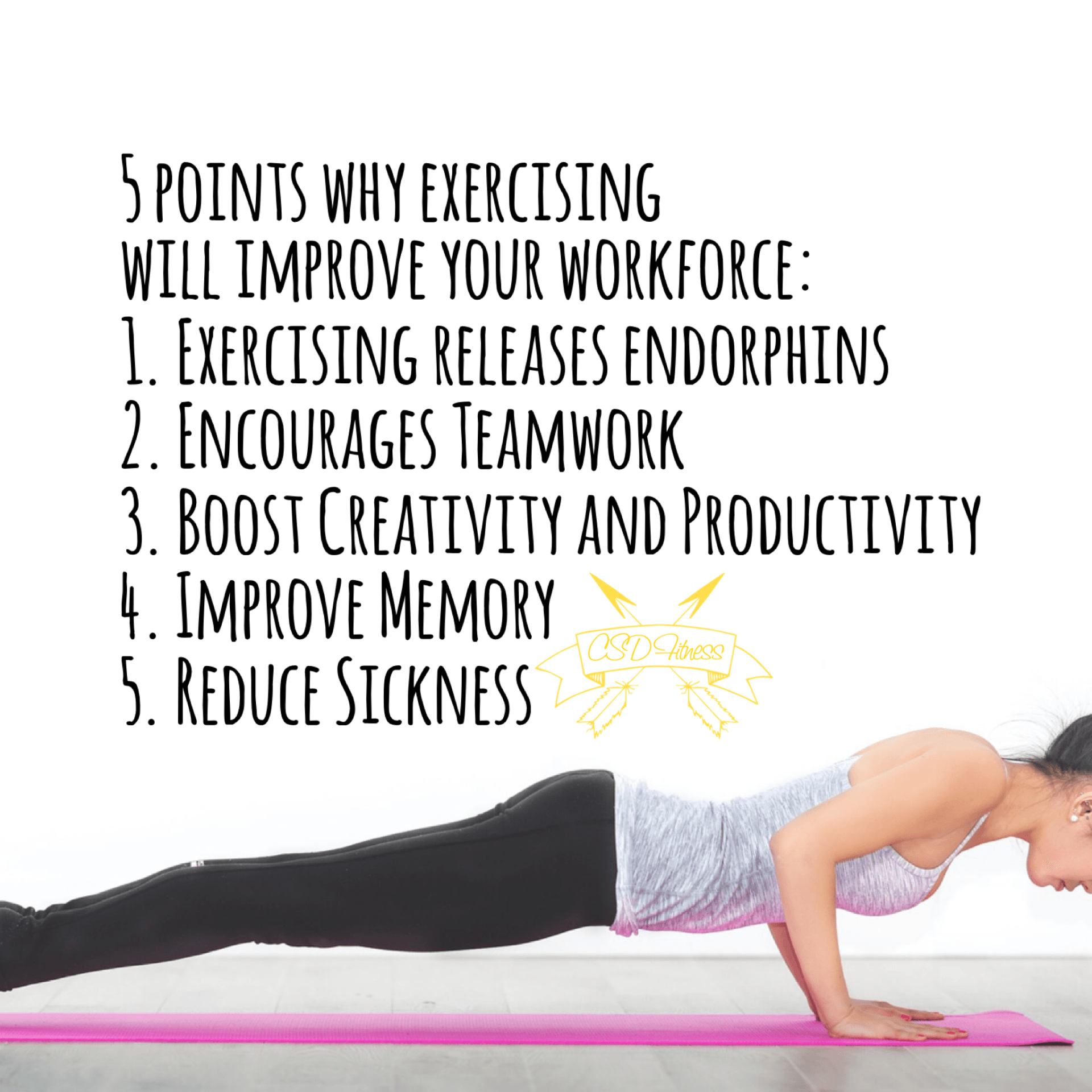
5 points why exercising will improve your workforce:
- Exercising releases endorphins - When you exercise a chemical is released in the brain which interact with receptors that reduces the perception of pain, but more importantly triggers a positive feeling in the body. This means your employees or work team will be more positive and happy in the workplace
- Encourages Teamwork - When you workout together as a team, it develops skills such as communication and allows the team to form as one encouraging each other
- Boost Creativity and Productivity - Workouts combat stress because it causes increases in neurotransmitters such as serotonin that are depleted by anxiety and depression. It also improve your ability to shift and focus your attention – so if you have an in-depth project that requires your attention, consider working out before tackling it.
- Improve Memory - Physical activity stimulates the growth of new cells in the hippocampus that can improve your memory.
- Reduce Sickness - Exercising can improve general health in terms of physical and mental. This will reduce the staff sickness levels and therefore increase the productivity overall in the workplace
At CSD Fitness, we provide you an overall Health and Wellbeing Package... Services listed below:
Fitness Class: £60 per 45 minute session
Nutrition Seminar: £140 - 2hrs
Fitness Assessment: £15 per person (minimum of 10 employees per booking)
See the benefit from exercising in your workplace for yourself, to get started simply call Chelsea on 07496108885
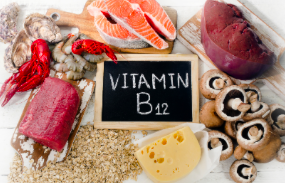
After recent research I have been looking into vitamins and minerals, I have discovered one which is incredibly important, B12!
Vitamin B12 is a nutrient that helps keep the body’s nerve and blood cells healthy and helps make DNA. It is also known to help prevent a type of anaemia that makes people feel tired and weak.
HEALTH BENEFITS;
- Protection against certain cancers - B12 can help prevent and help treat certain cancers, such as prostate, lung, breast and colon cancer.
- Protection against Heart Disease - B12 helps the cardiovascular system complete its everyday function. Those with heart problems have a tendancy to have a deficiency in B12.
- Protection against Alzheimer’s Disease - B12 has been specifically credited for helping to treat and also prevent the occurrence of Alzheimer’s disease
WELLBEING BENEFITS;
- Boost Energy Levels - B12 is known for its ability to keep you alert and feeling energised. However, even though this is how some energy drinks are made, it is always best to get the vitamins direct from the food source
- Reduces Depression - Just as Vitamin D, B12 is also be studied to help with depression.
- Helps Metabolize Proteins - B12 plays an active role in protein breakdown throughout the body, lack of the vitamin will not sure any visible signs until a few years on.
A FEW OTHER BENEFITS;
- Good for Brain Health
- Good for the Digestive System
- Promotes Healthy Skin
- Makes Healthier Hair
- Good for the Nails
- Helps with Cholesterol
So, What are the Best Natural B12 Food Sources?
Mackerel, Swiss Cheese, Feta Cheese, Goose Liver Pate, Sardines, Clams, Mozzarella Cheese, Eggs, Salmon, Beef, Chicken, Tuna, Whey Powder, Low-Fat Yogurt

Each piece of food we eat is broken down into marconutrients which can help to tell us how much energy is provided.
The energy value in food on average provides the following calories
1g of Carbohydrates = 4 Kcal
1g of Protein = 4Kcal
1g of Fat = 9Kcal
1g of Alcohol = 7Kcal
As you can see above, the most concentrated form of energy is provided from FAT being more than twice the amount of PROTEIN and CARBHYDRATE’S. However, this doesn’t mean Fat is the best form of energy for exercise.
How does our body store carbs?
Carbohydrates are stored as glycogen in the muscles and liver, along with about 3 times its own weight in water. This is why a low-carb diet tends to make people lose quite a lot of weight in the first few days. The weight loss is almost entirely due to loss of glycogen and water, not body fat!
How does our body store fat?
Fat is store as fat tissue in almost every region of the body. A small amount of fat, 300-400g is stored in the muscles. However, the majority is stored around the organs and beneath the skin, but the amount stored in different parts of the body depends on genetic make-up and individual hormone balance.
Majority of people store fat around their abdomen and have a higher risk of heart disease than those who store fat mostly around their hips and thighs
How does out body store protein?
Protein is not stored in the same way as carbs and fat. It forms muscle and organ tissue, so it is mainly used as a building material rather than an energy store. However, proteins can be broken down to release energy if need be, so the muscles and organs represent a large source of potential energy.

Protein provides the body Amino Acids which form the building block to help repair body cells and form new tissues.
Some people get confused on why we eat protein… Protein does provide energy for exercising, but this fuel source is very small and not the most effective for energy. However, Protein is required to compensate the increased muscle breakdown which occurs during and after intense exercise in order to build new muscle cells.
How much Protein should I eat?
For a sedentary adult, to calculate your daily protein levels, simply work out your body weight in kilograms and times this by 0.75g
For example, Weight 63kg x 0.75g = Daily Intake 47.2kg
How do I know if I need to increase my protein levels?
Those who require more protein levels are those strength athletes endurance athletes doing intense exercises, dieters consuming low energy intakes and untrained people at the start of an exercise program
If you are one of those above requiring more protein in the diet, to calculate your new intake times your body weight in kilograms by 1.2 and 1.7 grams in order to give you a range
For example, Weight 63kg x 1.2g = 75.6g and 63kg x 1.7g = 107.1g - Therefore your daily intake should be between 75.6g to 107.1g
Why not just eat loads of protein?
Excessive protein consumption over many years can cause the following problems;
- Long-term excessive consumption can increase the risk of kidney injury
- Foods high in protein are also commonly high in FATS
- Excess protein is converted to body fat, therefore can see an increase in weight.
Best times to eat protein
When promoting muscle repair and growth, timings and amounts of protein is crucial, it is important we we spread out the intake throughout the day.
As a recommendation I would suggest 20-25g of protein with each main meal as well as immediately after exercise. It has been discovered in studies that eating carbohydrates and protein together immediately after exercise enhances recovery and promotes muscle building

